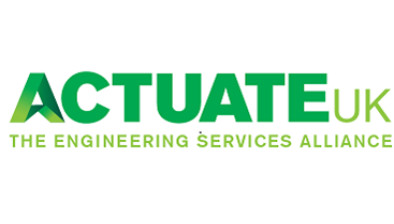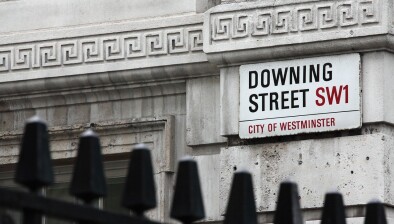MP to bring forward Private Member’s Bill to ring-fence cash retentions

A backbench MP’s attempt to reform construction’s use of cash retentions has been backed by three industry associations.
Peter Aldous, Conservative MP for Waveney, has laid a Private Member’s Bill to protect the billions of pounds of cash retentions withheld from construction SMEs.
The Ten Minute Rule Bill will seek to amend the 1996 Construction Act and ensure that retentions within construction are held in a third party trust scheme. A key aim will be to help protect companies in the construction supply chain from insolvency and payment uncertainly. The first reading of the bill in the House of Commons will be on 9th January 2018.
While such bills almost never reach the statute book, they offer an opportunity for backbench MPs to highlight issues of concern and apply pressure to government.
Mr Aldous has received backing from the Building Engineering Services Association (BESA) and the Electrical Contractors’ Association (ECA) and the Specialist Engineering Contractors’ Group (SEC).
Cash retentions are ostensibly withheld as security in case a firm fails to return to rectify non-compliant work. But research commissioned by the Department for Business, Energy & Industrial Strategy (BEIS) has revealed that the monies are primarily withheld to bolster the working capital of the party withholding them. Furthermore the practice gives rise to widespread abuse with the monies being withheld for three and more years.
The research revealed that over a three-year period £7.8 billion worth of retentions was outstanding.
Peter Aldous said that he was concerned about the impact on SMEs: “I have been aware of retentions as an issue for a while, and with construction being a tough industry and uncertainty surrounding many aspects of the economy, small businesses need as much support as possible. There are a number of specialist engineering firms in Waveney, and what this Bill aims to do is to protect them and their livelihoods as well as 280,000 other construction SME’s nationwide.”
He added: “Over the past three years, £700m worth of retention payments to small businesses were lost due to the insolvency of a client, and if a small business suffers from an upstream insolvency of this kind, they are punished twice; firstly with the loss of work, and secondly with the loss of retention money. We therefore need action on this before more millions are lost.
“SMEs are the backbone of the UK economy, which is why they need support and protection. This Bill is not about abolishing payment retentions; it is about making sure that people’s money is safe so that businesses can grow and invest in their future.”
Professor Rudi Klein, the CEO of the Specialist Engineering Contractors’ Group, said the Bill had cross-party support.
He added: “I’m very grateful to Peter Aldous for initiating this. All that is required is mutuality of security. If cash retentions are required as a form of security, there must also be security for the cash as exists in many other countries around the world.”
ECA director Paul Reeve said: “This bill aims to protect the supply chain from the serious impact of lost retentions due to upstream insolvency. Way beyond those companies who are damaged by upstream insolvency, even the possibility of losing retention money in this way hampers small business investment and growth. As such, this bill is entirely consistent with the aims of the new industrial strategy, which looks for innovation and investment in skills”.
BESA legal and commercial director, Rob Driscoll, added: “To meet the challenges set by the recently launched industrial strategy and construction sector deal, enabling industry to re-invest in jobs, training, innovation and technological transformation, government intervention is necessary to secure working capital that underpins the delivery models for the industry as a whole.”
In April 2017 Scottish National Party MP Alan Brown laid a similar private member’s bill to protect cash retentions but it was overtaken by the general election.
















